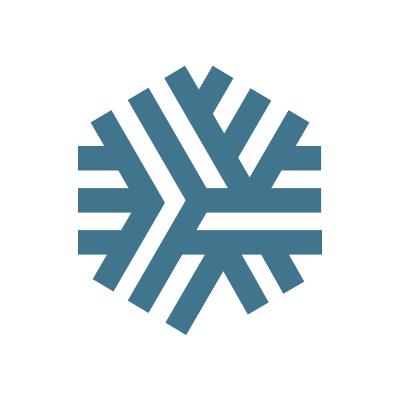Invest in multifamily rental properties
Invest in venture-backed companies
Investments
$500
DiversyFund's minimum investment amounts differ by investment type. It's $500 for Growth REITs targeting multifamily properties. For accredited investors, Premier Direct SPVs require a $50,000 minimum, while the Premier Opportunity Fund has a $25,000 minimum.
Moderate Risk
3/5
Investing in DiversyFund carries risks such as market changes, economic factors, and specific property risks, and there's always the potential for loss, including the initial investment.
High Risk
4/5
Investing in Sweater's Cashmere Fund, like any venture capital investment, carries inherent risks. These risks include market volatility, economic conditions, and challenges specific to the companies in which the fund invests.
Minimum Liquidity
1/5
DiversyFund investments are illiquid, with capital committed for approximately 5 to 7 years. There is no secondary market or immediate option for investors to sell their shares prior to the end of the investment term.
Minimum Liquidity
1/5
Sweater provides biannual redemption windows for investors to access their investment before the end of the investment term. However, there may be restrictions and limitations on the redemption process.
Receive new reviews from Fintorial
Moderate Return
11-18 %
DiversyFund has historically reported annual returns between 11% and 18%, but future returns can vary and are not guaranteed.
Long-term Investment
5-7 years
DiversyFund's REIT I has an investment term of 5-7 years, and the company is using the full term to maximize property values before sale and subsequent investor disbursements.
Long-term Investment
1-5 years
Sweater's Cashmere Fund is designed for long-term investments, but they provide biannual redemption windows for investors to redeem a portion or all of their investment.
Who can invest
United States
DiversyFund's Growth Offerings are accessible to all investors, while its Premier Offerings are restricted to accredited investors only.
Who can invest
United States
Any U.S. resident over the age of 18 with a Social Security Number (SSN) is eligible to invest in Sweater's Cashmere Fund.
Moderate Volatility
3/5
Real estate assets on DiversyFund can experience volatility due to market conditions, interest rates, and local economic trends, potentially impacting property values and investment performance.
Moderate Volatility
3/5
The assets on Sweater's platform, including the investments made by the Cashmere Fund, can be subject to volatility.
Regulation and audits
SEC Regulated
DiversyFund is subject to SEC regulations and conducts regular audits to ensure financial transparency. These audits and disclosures are available for investor review as part of the company's compliance with regulatory standards.
Regulation and audits
SEC Regulated
Sweater operates under SEC regulations, allowing them to accept investments from non-accredited investors.
Insurance
Yes
DiversyFund's properties are generally insured against physical damage, but this insurance does not cover market-related losses or economic downturns, and it may not fully cover the properties' market value.
Insurance
No
Specific details about Sweater's insurance policies are not available on their website.
Payouts
No Recurring Payouts
DiversyFund generally reinvests dividends into property renovations rather than distributing them, supporting a strategy aimed at long-term asset appreciation.
Payouts
No Recurring Payouts
According to Sweater's website, the Cashmere Fund does not pay dividends to investors.
Withdrawals
Investors in DiversyFund can receive their money back after the properties are sold, typically at the end of a 5 to 7-year investment term, without an early withdrawal option.
Withdrawals
Investors in Sweater's Cashmere Fund can redeem their investment during biannual redemption windows. However, there may be restrictions or limitations on the redemption process.
Extra Fees
Yes
DiversyFund collects asset management fees and transaction fees, and may also earn a promote interest from net profits after investors receive their returns.
Extra Fees
No
Sweater's Cashmere Fund charges a fee of up to 2% for redeeming investments during the semi-annual redemption windows.
Taxes
Tax Form
DiversyFund provides Form 1099-DIV and/or Form K-1 for tax reporting, accessible online, with dividends taxed as ordinary income and end-of-term distributions potentially as capital gains.
Taxes
Annual Statement
Venture funds, like Sweater's Cashmere Fund, generally provide tax reporting support to investors.

